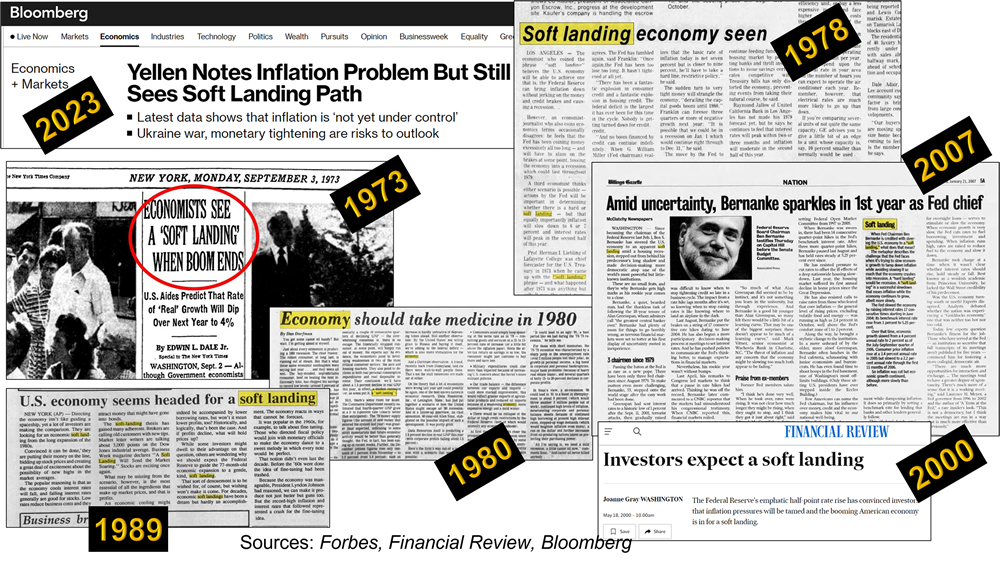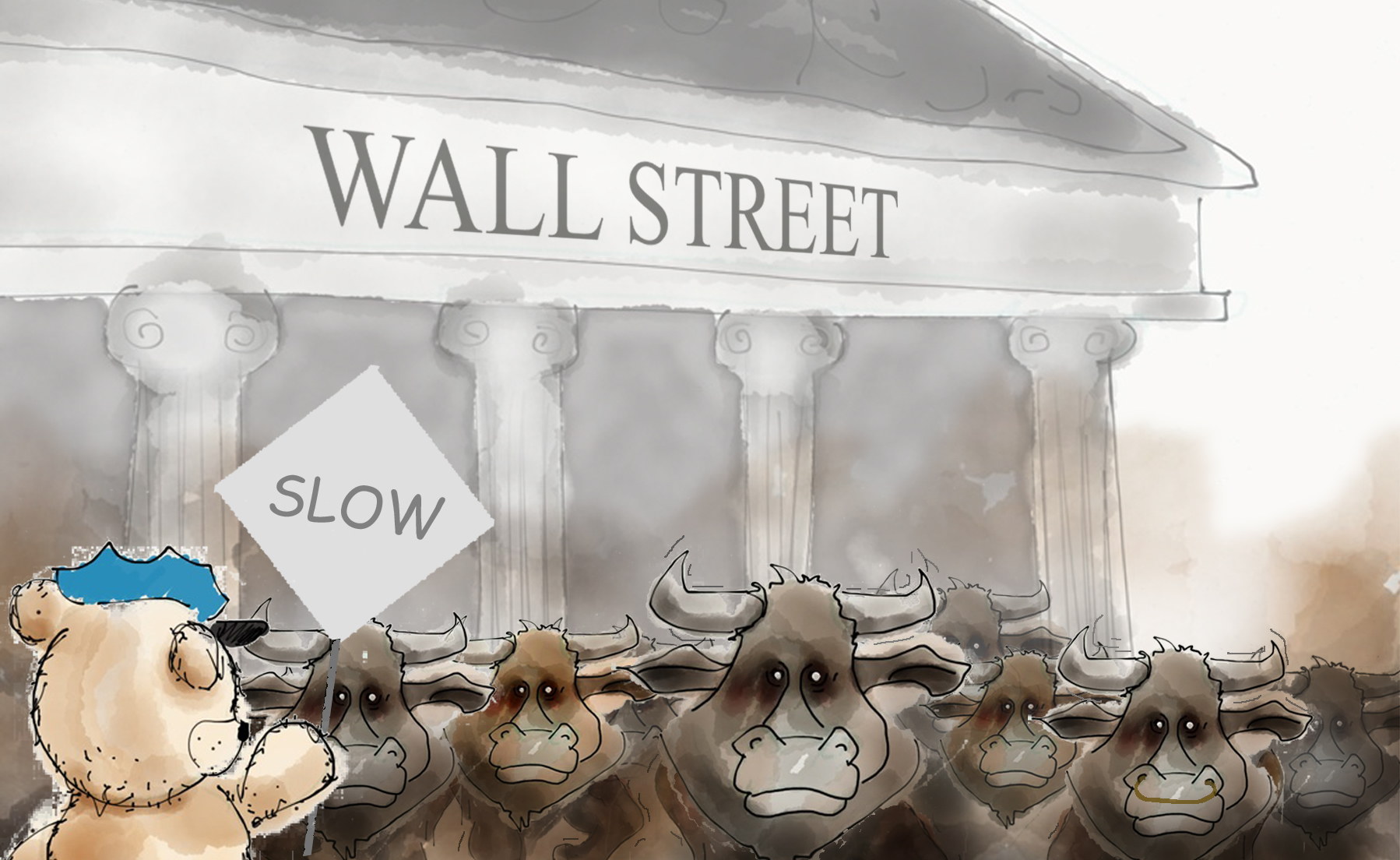I just checked the calendar. It is 2023, not 2008. What a relief! I have spent many hours comparing our current situation with past bear markets and want to share some of the lessons I have learned.
Historical patterns can be seen inside and outside of the stock market. This can be explained by human nature. I also believe that each generation will experience challenges–many of their own making. It occurs because many adults have not lived through or don’t remember the lessons of past recessions.

Jurrien Timmer, Fidelity Investment’s Director of Global Macro, believes the current situation, with high inflation, record debt-to-GDP, and excess stimulus, is similar to 1944-1946. Who remembers that one? Regardless, I believe each recession offers similar, timeless lessons.
I hope that by sharing some of the lessons I have learned in tough economic times, I can help others avoid common investing mistakes of the past.
Only when the tide goes out do you discover who’s been swimming naked. This famous quote from Warren Buffett proves itself in every bear market. Low-interest rates and high-risk tolerance enables investors, companies, and individuals to find success despite excessive risks until the economic tide goes out. At that moment, the truth is revealed. We saw it with savings and loans in the 1980s. Enron and WorldCom accounting scandals were discovered in 2001-2002. Bear Stearns, Lehman Brothers, and even Bernie Madoff (the most significant Ponzi scheme ever)–were all caught in 2008.
We are seeing similar things in 2022 and 2023 with FTX, Silicon Valley Bank, and others. Credit Suisse, the second largest bank in Switzerland, has barely survived the last 15 years. The tide is out, and it managed to sell out only with the help of a Swiss bailout. We should not be surprised. Despite all the calls for a soft landing, harder times have come.
When a bear attacks, playing dead is sometimes the best strategy. We have all heard this. It sounds simple. In reality, it isn’t easy.
A few years ago, I had the privilege of hearing Michael Dunn’s story on surviving a grizzly bear attack in the Grand Teton National Park.
Dunn was on a family vacation in the Tetons on August 14, 1994. He woke up early and quietly slipped out the door for a run. He saw signs of danger but kept moving. After a couple of miles on a dirt trail, he heard branches snap. Suddenly, a large shape moved towards him, knocking him off his feet. He landed nine feet from the trail, where a 500-pound grizzly sunk its teeth into Dunn’s hip.
There was little chance for Dunn as he struggled. The bear clawed at his back, swiped at his neck, tore open his face, and almost stuck a claw right into Dunn’s eye.
The end seemed near when Dunn finally decided to play dead. This calmed the bear enough that it was distracted. Dunn’s survival was nothing short of miraculous!
Bear markets are not life-threatening but can be financially devastating, especially if we make poor decisions. Good planning may not require any drastic changes, even in volatile times.
Anything can happen. We do not know what the future will bring. When it comes to investing, one of the most important decisions we make is deciding how much risk to take. That decision should be determined by your personal situation, with help from your financial advisor.
As for the stock market, I believe that the American economy is resilient, and there will be plenty of opportunities this year and for years to come. If more difficulty comes this year, it will likely be followed by better times. So far this year, I have been pleasantly surprised with how well American consumers and investors have held up.
Listen to a deep dive into past bear markets on our Power Up Wealth podcast.




